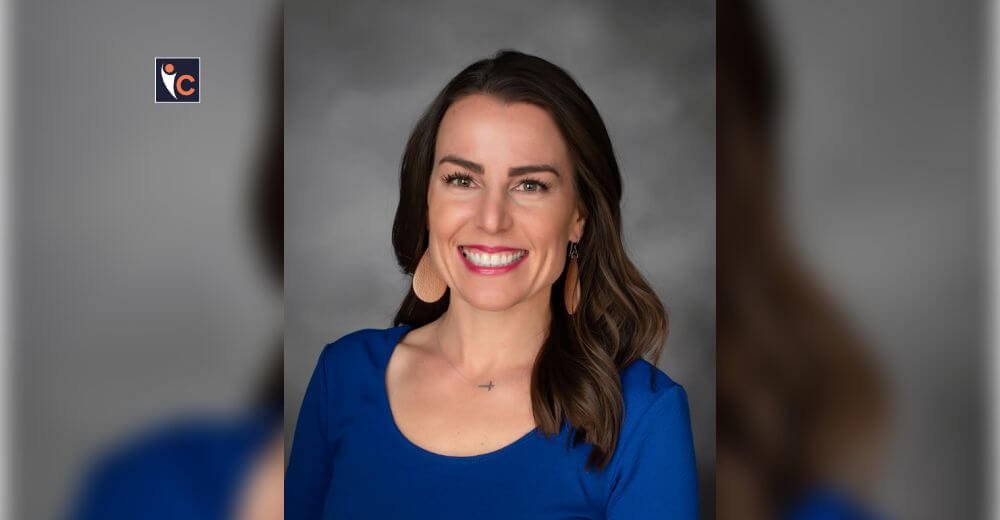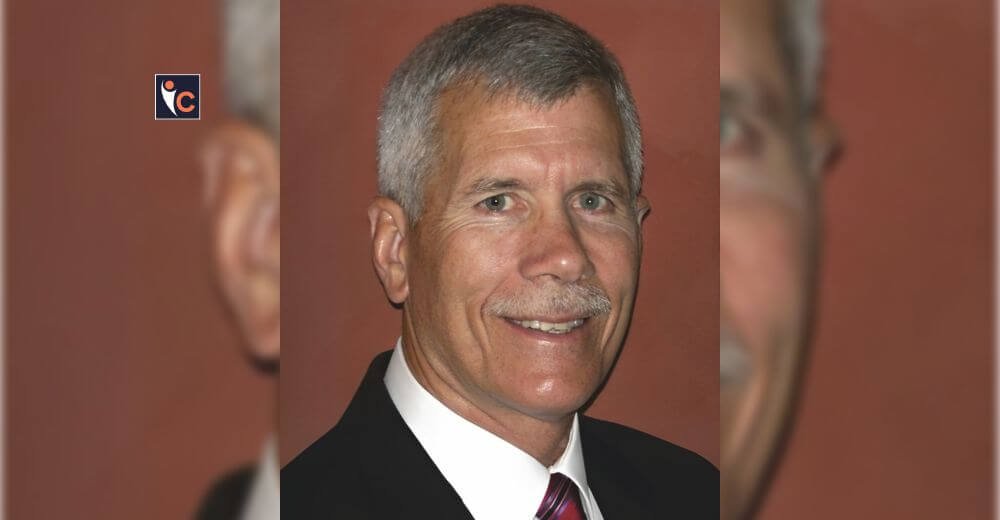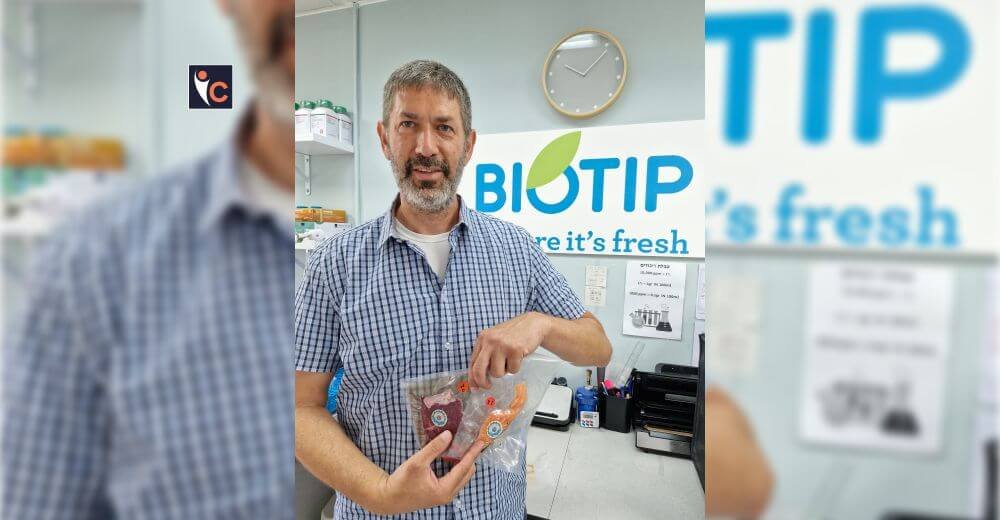In recent times, healthcare has made significant strides in treating complex and life-threatening illnesses. These advancements, which are more accurate and dependable, lead to faster recovery for patients.
For the past 31 years, Sarvodaya Healthcare has been dedicated to serving the community. Their services range from cancer care to orthopedics, and they are at the forefront of medical innovation, healing patients across the globe. Heading this endeavor is Dr. Rakesh Gupta, the Chairman, who has established this platform with the aim of offering individuals a chance to embrace life once more.
This completed Insights Care search of Top 5 Most Trusted Transplant Centres as we interviewed Dr. Rakesh to understand the company’s growth as a leading transplant facility.
Below are the highlights of the interview:
Kindly tell us the source of inspiration. What led you to venture into the transplant operations?
The 21st century has seen a huge jump in the number of non-communicate diseases. The number of patients with chronic kidney disease has risen phenomenally. The majority of patients have to sustain their life by staying on chronic maintenance dialysis, which is painful, cumbersome, has compromised quality of life. The suffering of all such people made me venture into developing a Renal Transplant Centre by which a person can have a good quality life with no fear of pricks & punctures every second.
Similarly, cancer has spread like an epidemic and blood & lymph-related cancers have a very poor outcome. Luckily treatment of these cancers has evolved in current times in the form of stem cell transplantation. The suffering of these people can be totally alleviated, what better motivation one can have that providing an opportunity to live again, to a person destined to die, hence the Bone Marrow Transplant Centre.
Please brief us about the need for transplants in healthcare. Why is it considered to be of importance today?
Transplantation plays a crucial role in healthcare by offering life-saving treatments for individuals with organ failure or certain medical conditions. It is of paramount importance today due to several reasons. Firstly, transplants can significantly improve patient’s quality of life, enabling them to regain normal bodily functions. Secondly, transplantation addresses the growing demand for organs, as the number of people on waiting lists far exceeds the available donors. By expanding access to organ transplantation, it enhances the chances of survival and long-term well-being for patients. Moreover, advancements in transplant techniques, immunosuppressive drugs, and organ preservation methods have increased success rates, making transplantation a vital and evolving field in modern healthcare.
Brief us about your company and shed some light on your operations in leading the hospital/centre.
Sarvodaya Healthcare is a pioneering healthcare group, serving the community for over the last 31 years with affordable and top-class medical facilities and compassionate care. The trust equity of our patients and their families has helped us in becoming a pioneering healthcare hub, starting from a small clinic to an 800-bedded healthcare group that includes secondary & tertiary care hospitals, nursing & paramedic institute, health clinics, diagnostic & imaging centres and dialysis centres across Faridabad, Greater Noida, Delhi in the National Capital Region. We leverage cutting-edge technology along with a team of skilled specialists to provide advanced treatment under several super specialities.
Can you elaborate upon the core values on which the centre is built and its mission?
Core values on which the centre is built are: Trust, Transparency, Technology and Thoroughness. We believe it is our responsibility to provide the best health to everyone. For us, our patients are our biggest assets. We make a conscious effort to build a trustful and healthy relationship with them by providing transparent, effective and empathetic care. We consider their needs, provide clear and compassionate guidance to them and their families and help them throughout, both on medical and financial norms. We stand with them through thick and thin and are always there for them, even after their treatment.
We embarked on the journey with the mission, Sarve Santu Nirmaya: Good health for all – irrespective of their background or ailment; and the vision of providing affordable and top-class medical facilities.
What role does patient willingness play when deciding to proceed the transplant operation? How important is it in the healthcare sector today?
Patient willingness plays a crucial role when deciding to proceed with a transplant operation. It is of paramount importance in the healthcare sector today. Transplant surgeries involve significant risks and potential complications, making informed consent and patient autonomy essential. Patients must fully understand the procedure, its potential benefits, risks, and long-term implications. Their willingness to proceed reflects their confidence in the medical team, trust in the process, and their own belief in the potential benefits. Without patient willingness, medical professionals may face ethical dilemmas in pursuing a transplant operation, as it is vital to prioritize the patient’s well-being and ensure they are actively engaged in the decision-making process.
Tell us about the variety of transplant services offered at the centre.
At our center, we offer Kidney and Bone Marrow Transplant. For kidney transplantation, our highly skilled medical team specializes in both deceased donor and living donor transplants. The department’s transplant facilities are engineered to deliver quality care and successful outcomes even in ABO-incompatible transplants.
Additionally, our center excels in Blood and Marrow Transplantation (BMT).
We have all provisions for Autologous Transplants (using the patient’s own stem cells) & Allogeneic Transplants (using the bone marrow of a compatible donor) where healthy stem cells or bone marrow are transplanted into the patient, restoring their body’s ability to form more red blood cells, white blood cells and platelets.
What specific endeavours is centre at present? Why do you find those essential?
In Future, we look forward to improved matching algorithms to increase transplant success rates, novel immunosuppressive therapies to reduce rejection risks, regenerative medicine approaches for organ and bone marrow regeneration, and advancements in surgical techniques to minimize invasiveness and recovery time. These advancements are essential because they have the potential to significantly improve transplant success rates, reduce the risk of rejection, and enhance patient outcomes. They can address the critical shortage of donor organs and provide life-saving options to those in need. Additionally, advancements in surgical techniques can minimize invasiveness and recovery time, leading to improved patient comfort and quicker return to normal functionality.
What are some of the challenges that the centre faces when conducting operations and how do it turn them into opportunities for growth?
We face several challenges when conducting kidney transplant and bone marrow transplant (BMT) operations. Firstly, there is a shortage of organ donors and suitable matches for transplantation. This we turned into an opportunity for growth by implementing proactive strategies to increase public awareness about organ donation and collaborating with other healthcare organizations to expand the donor pool. Secondly, there is a risk of organ rejection and complications during transplantation. We address this challenge by investing in advanced immunosuppressive therapies and personalized medicine approaches to improve patient outcomes. Additionally, ensuring a robust post-transplant care system and establishing long-term follow-up programs can optimize patient recovery and reduce complications. These initiatives will enhances our Centre’s reputation, attract more patients, and promote its growth as a leading transplant facility.
What advice would you like to give to budding enthusiasts who desire to venture into the sector?
For budding enthusiasts venturing into the field of transplants, here’s my advice: embrace a multidisciplinary approach. Transplants require a deep understanding of biology, medicine, ethics, and technology. Strive to expand your knowledge in these areas to comprehend the complexities involved. Develop strong communication and collaboration skills to work effectively within diverse teams. Stay updated with the latest research, innovations, and advancements in transplantation. Nurture empathy and compassion for patients and their families, as transplants are emotionally charged procedures. Finally, persevere through challenges and setbacks, as success in this field requires dedication, resilience, and a commitment to saving lives.
How do you envision scaling the centre’s services and operations in 2023 and beyond?
To scale the center’s services and operations in Kidney Transplant and BMT by 2023 and beyond, several key strategies will be implemented. Firstly, increasing the capacity of the center by expanding infrastructure and acquiring advanced medical equipment will enable more procedures to be performed. Secondly, recruiting additional highly skilled medical professionals, such as surgeons, nurses, and support staff, will enhance the center’s capability to handle a larger patient volume. Thirdly, establishing partnerships with other healthcare institutions and organizations can facilitate knowledge sharing, collaborative research, and patient referrals. Additionally, leveraging technological advancements can improve patient access, follow-up care, and data management. Lastly, implementing efficient administrative processes and continuous quality improvement initiatives will ensure streamlined operations and enhance patient satisfaction.










